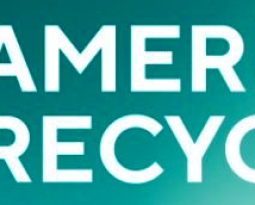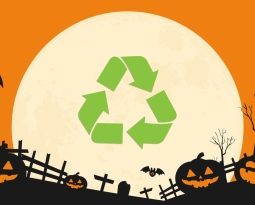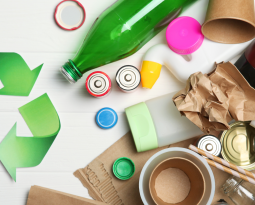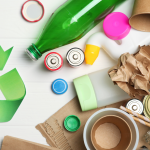The Youth of a Nation Recycling
Reduce. Recycle. Reuse.
Follow us on our series ‘Let’s Talk Recycling.’ Recycling is a large part of a sustainable future and something we can all take part in as a community.
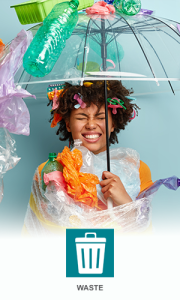 By 2024, generations Z and Alpha are expected to be the majority of our population globally at 2.2 billion. Both generations were born into a world with the iPhone and social media. They navigate the digital environment with ease. They are the generations with access to 24/7 information creating the smartest and most educated yet. So, how educated are they when it comes to the sustainability of our planet and the reversal of climate change?
By 2024, generations Z and Alpha are expected to be the majority of our population globally at 2.2 billion. Both generations were born into a world with the iPhone and social media. They navigate the digital environment with ease. They are the generations with access to 24/7 information creating the smartest and most educated yet. So, how educated are they when it comes to the sustainability of our planet and the reversal of climate change?
Both generations are demonstrating more awareness and empowerment pertaining to sustainable lifestyles. Gen Z has shifted consumer behavior demanding more eco-conscious products with 73% willing to pay more if the product meets these expectations. They are adaptable and willing to act in the investment of their future. With 72% saying they have already changed the way they do things to reduce carbon emissions. Gen Alpha, labeled Alpha because they are born into a new century, are influenced by their older environmentally conscious Z siblings. Gen Alpha are born into the unavoidable reality of changing climate. The generation, depending on action now, may or may not have a world of aging into the 2100s. Read that again, the 2100s. They were born into extreme weather, pandemics, political upheaval, and a crumbling education system.
Both generations are relying on social media for their primary sources for sustainability education. A quarter of both generations have expressed wanting teachers and schools to be where they receive sustainability knowledge. 82% of Alpha and 76% of Z have stated that education is a priority for a sustainable future. Social media, a known source of disinformation, is teaching the generation that will be most affected by climate change in place of schools.
The planet will not be the same in 2070 as it is today, and the youngest Alpha would be 60. At present, scientific predictions for the upcoming decades are not favorable. Educating these generations will help prepare them for the future and give them a toolbox of resources to help prevent further damage. If we educate now, we are empowering them to survive in an unknown future.
“Children and youth are the most impacted by today’s global environmental crisis, and are the most threatened by our current trajectory,” said David Boyd, the United Nations Special Rapporteur on Human Rights and the Environment. “Every child on Earth is exposed to some combination of the climate crisis, pollution or the decline of biodiversity. Children from poor, vulnerable and marginalized communities face the worst environmental threats.
Educating the children and youths with the most uncertain of futures about ways they can reduce, reuse, and recycle is critical. Follow the series and learn how to educate our youth for a sustainable future. We will talk about how to engage and create an easy routine helping to begin the knowledge fest.



